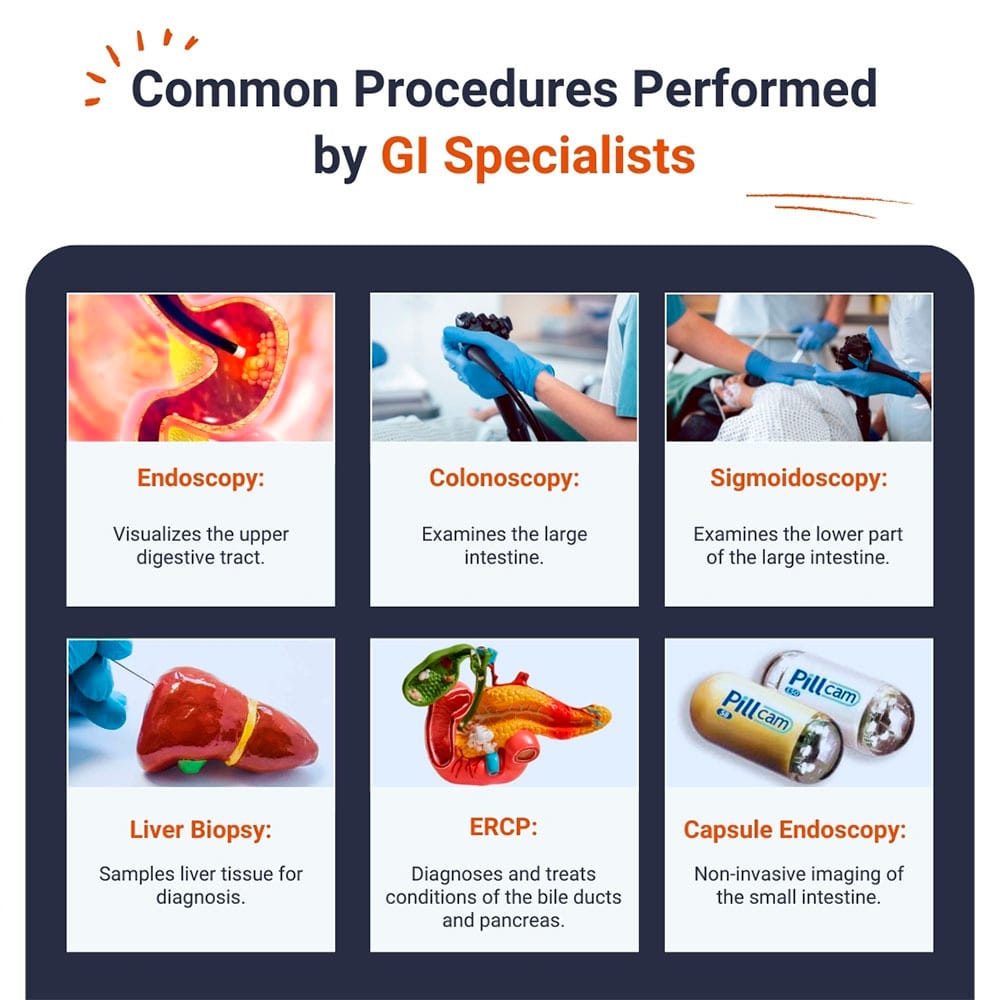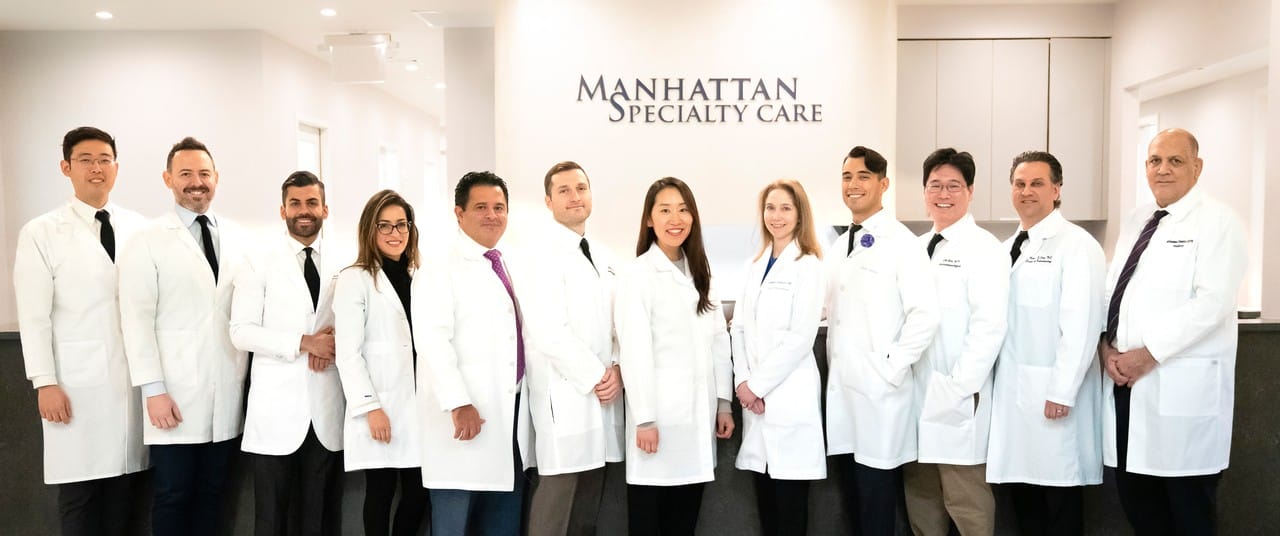A gastroenterologist is a doctor specializing in diagnosing and treating issues related to the digestive system. That covers quite a bit—think everything from your esophagus and stomach down to your intestines and colon. They’re also the experts for issues related to the liver, pancreas, and gallbladder. You’d go to a GI doctor if you’re dealing with something like acid reflux, irritable bowel syndrome (IBS), or even more serious conditions like Crohn’s disease or liver problems. Basically, if it’s part of digestion, they’re the ones to call.
What It Takes to Become a GI Doctor
Becoming a GI doctor takes years of dedicated study and practice. It’s not just med school; after that, they spend about three years in an internal medicine residency, getting a solid foundation in diagnosing and treating all sorts of health issues. So, if you’re about to visit a GI specialist—or maybe just curious—you’re probably wondering, “What exactly do they do?” GI specialists are like detectives for all things digestive. They’re the go-to experts for your stomach, intestines, liver, and everything in between. Here’s a breakdown of some common procedures they do and why they might suggest them.
Common Procedures Performed by GI Specialists
- Endoscopy. If you’ve got a stubborn case of heartburn, have trouble swallowing, or experience unexplained stomach pain, an endoscopy gives the doctor a real-time view of what’s happening. It’s quick, and usually, you’re in and out.
- Colonoscopy. Ah, the colonoscopy. This is probably the one that springs to mind when you hear “gastroenterologist.” Basically, a colonoscopy lets your doctor check out your entire large intestine to spot any polyps, signs of cancer, or other concerns. Most people start these screenings around age 45 (or earlier if you’re at higher risk). Sure, it’s not anyone’s favorite, but it’s one of the best ways to catch issues early.
- Sigmoidoscopy. Think of a sigmoidoscopy as a “lite” version of a colonoscopy. It doesn’t go as far—just examines the lower part of the colon—but it’s quicker and still super helpful for catching early signs of colorectal problems and is less invasive.
- Liver Biopsy. A liver biopsy involves taking a small sample of the liver. It sounds intense, but it’s one of the best ways to figure out what’s really going on if there’s a question about conditions like hepatitis or fatty liver disease.
- ERCP (Endoscopic Retrograde Cholangiopancreatography). This one’s a mouthful—ERCP is basically an endoscopy mixed with X-rays. It’s used to get a look at your liver, bile ducts, pancreas, and gallbladder, which can be helpful if there’s a blockage or inflammation. It’s more specialized, but it’s a handy tool if the doctor needs to explore these areas further.
- Capsule Endoscopy. This is where you swallow a small capsule with a camera inside. As it moves through your digestive system, it takes thousands of pictures for your doctor to review. Talk about high-tech!

When Should You See a GI Specialist?
If you’re debating whether you need a GI doctor, here are some signs that might mean it’s time to schedule a visit:
- Ongoing heartburn or acid reflux that won’t quit
- Unexplained changes in bowel habits, like if you’re suddenly constipated all the time or dealing with frequent diarrhea
- Blood in your stool—definitely something to get checked out
- Persistent abdominal pain or bloating that just keeps coming back
- Unexplained weight loss or nausea that sticks around for no clear reason
Aside from these symptoms, GI doctors also focus on prevention. For example, they perform routine screenings like colonoscopies to catch conditions like colon cancer early. Honestly, early detection can make all the difference with treatment options, which is why those regular check-ups are key.
What Happens at Your First GI Appointment?
Heading to a gastroenterologist for the first time?
Here’s the rundown:
- Getting Into Your Health History. Your doctor will probably ask a bunch of questions about your symptoms, lifestyle (things like your diet, exercise, and sleep habits), and if anyone in your family has had similar issues.
- Physical Exam. An annual check-up can identify any issues in or around your abdomen.
- Possible Tests. They might suggest some further testing—maybe blood work, an imaging scan, or one of the procedures we covered earlier. Each test helps to identify what is causing your symptoms.
Book an Appointment with an Experienced GI Doctor in New York City today!

Seeing a skilled gastroenterologist for regular checkups is key to solving digestive issues & staying proactive about your health.
At Manhattan Gastroenterology, our team doesn’t just treat symptoms – we provide comprehensive, preventive care to keep your digestive health on track. For a higher level of personalized care, consider scheduling an initial consultation and exploring our advanced health packages. We’re here to support you every step of the way—from routine screenings to specialized procedures. Take control of your digestive health today and book your appointment with New York’s top GI specialists.
